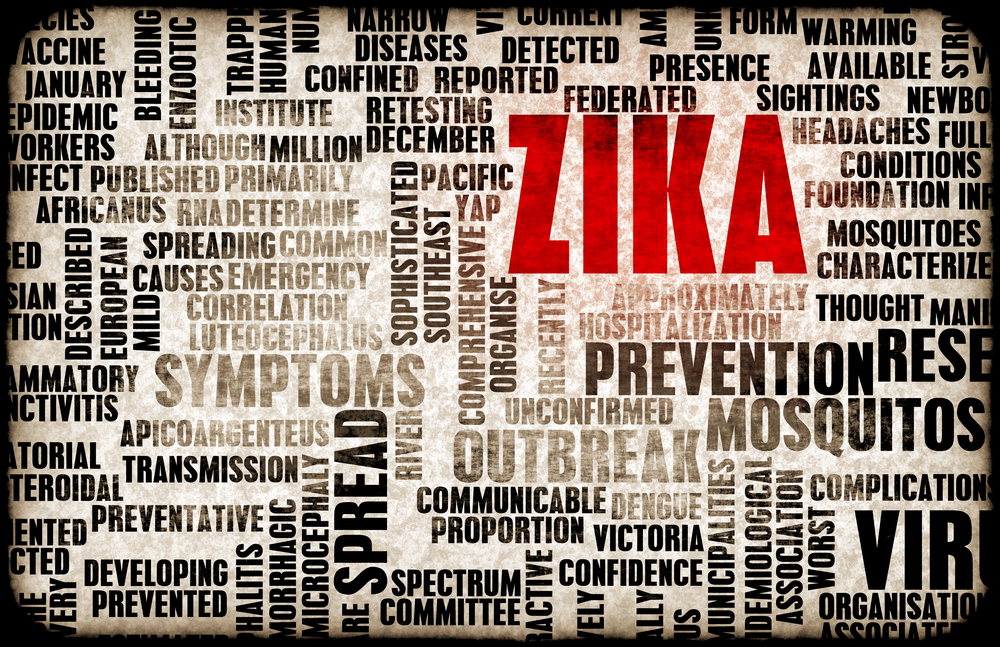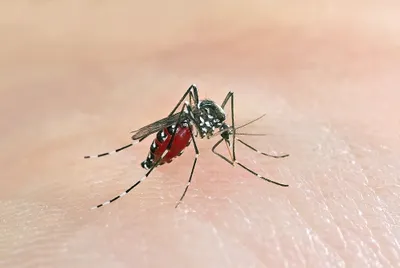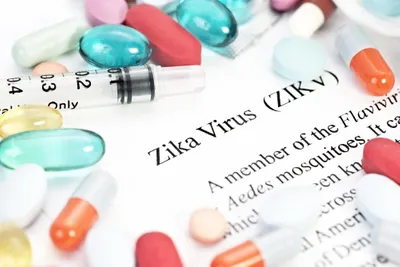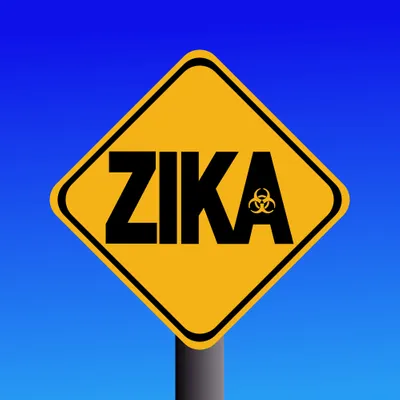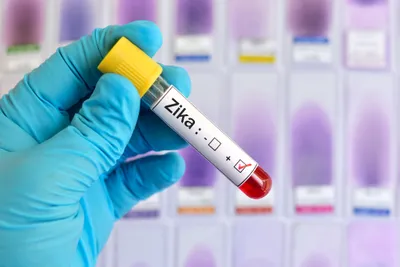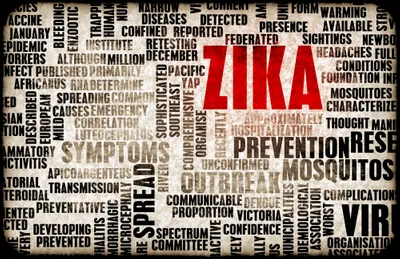If you listen or read any news at all, you’ve no doubt heard of the Zika virus. Ever since the very first Zika infection was confirmed in Brazil in May of 2015, the Pan American Health Organization (PAHO) and the Centers for Disease Control (CDC) have warned pregnant women against traveling to certain regions of the globe.
Here are six pertinent facts about the Zika virus…
1. What’s Zika Virus?
Zika is a mosquito-transmitted disease that’s caused when a human is bitten by an infected Aedes species (or tiger) mosquito. Instances also exist of Zika virus transmission via sexual contact and blood transfusion. Up until 2015, health officials considered Zika virus “relatively harmless”.
However, now the CDC and other health experts have discovered a direct correlation between Zika virus and the development of a neurological disorder, known as microcephaly, in newborns and unborn babies that causes babies to be born with small heads and underdeveloped brains.
2. Zika Illness Symptoms
The CDC estimates that 1 in 5 humans bitten by a Zika-infected mosquito will end up with the virus. In most cases, the virus is mild and lasts between a few days and a week, so mild that those infected rarely even realize it.
The Zika virus will remain in the human bloodstream for a few days to a week, causing mild, flu-like symptoms such as joint pain, fever, red eyes (or conjunctivitis), and skin rash. It’s extremely rare to require any hospitalization due to Zika illness.
3. Dangers to Pregnant Women and Unborn Babies
The Pan American Health Organization (PAHO) first established Zika virus a threat to pregnant women and their unborn babies in May 2015. The CDC now warns pregnant women and women planning on becoming pregnant to avoid travel to Zika-affected areas as pregnant women can give birth to babies with microcephaly, a birth defect caused by newborns with small heads and abnormal brain development.
Zika virus in pregnant women has also been linked to Guillain-Barre syndrome (rapid muscle weakness due to a damaged peripheral nervous system) in newborns. Even though Zika can be passed from pregnant mother to fetus during pregnancy and during birth, the CDC notes that Zika virus cannot be transmitted via breastfeeding.
4. Zika Prone Areas
Prior to the discovery of the Zika virus in Brazil, in 2015, Zika only affected the regions of the Pacific Islands (Samoa), Africa (Cape Verde), and Southeast Asia. In the Americas, Zika cases have been confirmed in Brazil, the U.S. Virgin Islands, Venezuela, Dominican Republic, Barbados, Colombia, Bolivia, Guatemala, Ecuador, Haití, El Salvador, Puerto Rico, Saint Martin, Guyana, French Guiana, Honduras, Guadeloupe, Mexico, French Guiana, Suriname, Panama, Martinique, and Paraguay.
Although no Zika cases have yet been discovered in Canada or the continental U.S., Zika has occurred in travelers returning to the U.S. from affected countries. The CDC continues to update the spread of the virus as CDC.gov – Travel Information.
5. Zika Treatment
Currently there is no vaccine or oral medication available to prevent Zika virus. However, it’s important to tell your doctor if you have traveled to an affected area. If symptoms exist, your doctor can perform a blood test to confirm the presence of an infection (i.e., dengue, chikungunya, and Zika).
Otherwise treatment will focus on the symptoms. For instance, your healthcare provider may recommend acetaminophen (NOT Aspirin or NSAIDs) to treat joint pain and fever, rest and plenty of fluids to combat dehydration and fight off the virus. Hospitalization for Zika virus is rare.
6. Zika Prevention Tips
Zika is the biggest threat to pregnant women and their unborn children. Therefore, the CDC advises expecting females to postpone travel to Zika-affected regions. If you can’t avoid travel to a Zika virus prone area, strict precautions must be followed to avoid mosquito bites.
To avoid Zika infection, health officials recommend wearing U.S. Environmental Protection Agency (EPA) grade insect repellant (with DEET, IR3535, and picaridin), indoors or outdoors, at all times during the day and night. Clothing should consist of long pants and long-sleeved shirts treated with permethrin, a synthetic chemical insecticide, and sleeping protection (i.e., screens and air conditioning) should be used.
